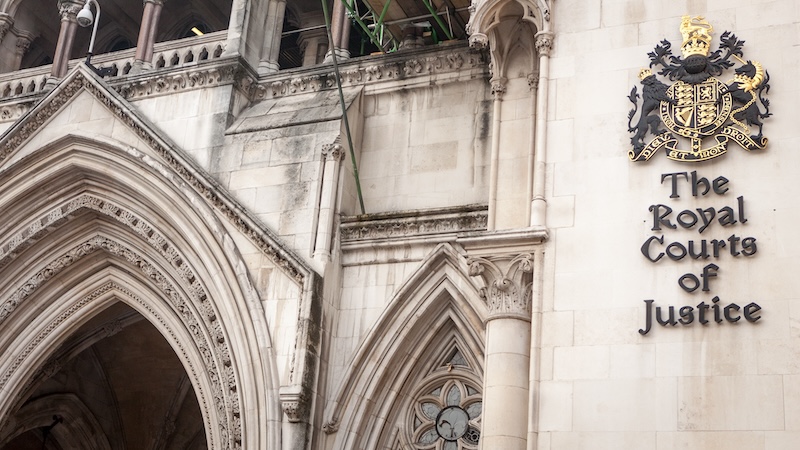Involved two pupils and mini-pupil

A barrister removed from the profession for multiple instances of sexual misconduct has failed in his attempt to overturn the disbarment.
Robert Michael Kearney, called to the bar in 1996, had been disbarred following a tribunal hearing in December 2024. His misconduct involved two pupils and a mini-pupil.
Kearney brought the matter before the High Court, challenging the sanction on several grounds. He argued that insufficient weight had been given to mitigating evidence, that his rehabilitation had been wrongly categorised as “personal mitigation”, and that the tribunal failed to properly consider the combined impact of multiple sanctions — known as the “totality principle”.
However, Mrs Justice Hill dismissed these arguments. Sitting in Manchester, she ruled that the tribunal had acted appropriately, finding that there was “nothing wrong” with how it assessed Kearney’s rehabilitation efforts and the broader evidence concerning his character.
She continued: “The tribunal, when considering what sanction to impose, was fully entitled to have regard for his pattern of misconduct, and to reflect on the question of why the previous investigations and sanctions had been ineffective in preventing his misconduct towards Pupil A and Pupil B.”
Kearney’s professional conduct had previously drawn sanctions on two occasions. In 2018, he was fined £1,000 for what was described as “disgraceful” behaviour towards a male pupil. A few years later, in 2021, he was suspended for six months and fined £3,000 after making crude sexual remarks to a woman during a mini-pupillage. That suspension was upheld on appeal.
Following a consolidated sanctions hearing in early 2023, Kearney was initially disbarred. He succeeded in having that decision overturned due to apparent bias on the part of the disciplinary panel, which resulted in a fresh hearing — and a second disbarment — in December 2024.
During the latest appeal, Hill J noted that between 2015 and 2020, Kearney had “engaged in ‘multiple examples’ of similar behaviour on different occasions over a period of time, but had continued to commit acts of misconduct despite knowing of the concerns raised about his conduct by his chambers and his regulator”. She found that the tribunal was justified in concluding there was an ongoing risk of reoffending, “particularly if inebriated”.
On the matter of mitigation, she said the tribunal had “specifically acknowledged the strong references” and “clearly afforded them some weight”, but added:
“The tribunal conducted a detailed and careful exercise, identifying and weighing matters relevant to culpability and harm and aggravating and mitigating factors. They gave detailed and clear reasons. Together, these fully explain why the tribunal did not consider that a further period of suspension was the appropriate sanction.”
The tribunal had also considered whether disbarment was too severe, given that his misconduct took place under a previous version of the Sanctions Guidance. Hill J was clear in rejecting this point: “I do not accept that it is necessarily the case… that disbarment would not have followed, given the serious and repeated nature of the misconduct here and the fact that the sanctions guidance is not prescriptive.”
She concluded that disbarment was both appropriate and proportionate:
“For cases within the upper range of seriousness, which both cases were for the reasons the tribunal gave, the Sanctions Guidance made clear disbarment was the ‘indicative sanction’. In those circumstances the sanction of disbarment was not manifestly excessive; nor was it wrong or clearly inappropriate, which is the test applicable to this appeal.”
Kearney’s appeal was dismissed.